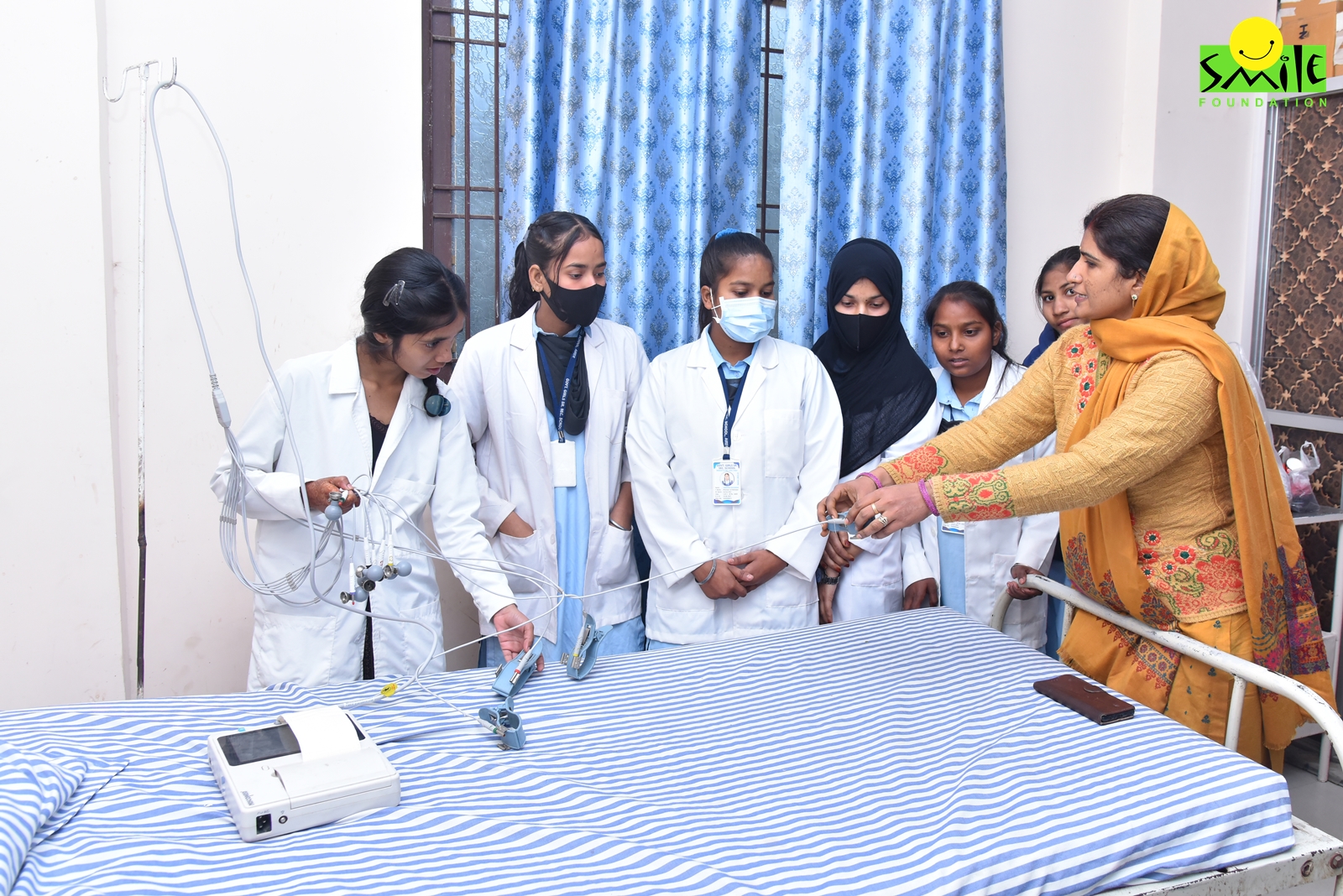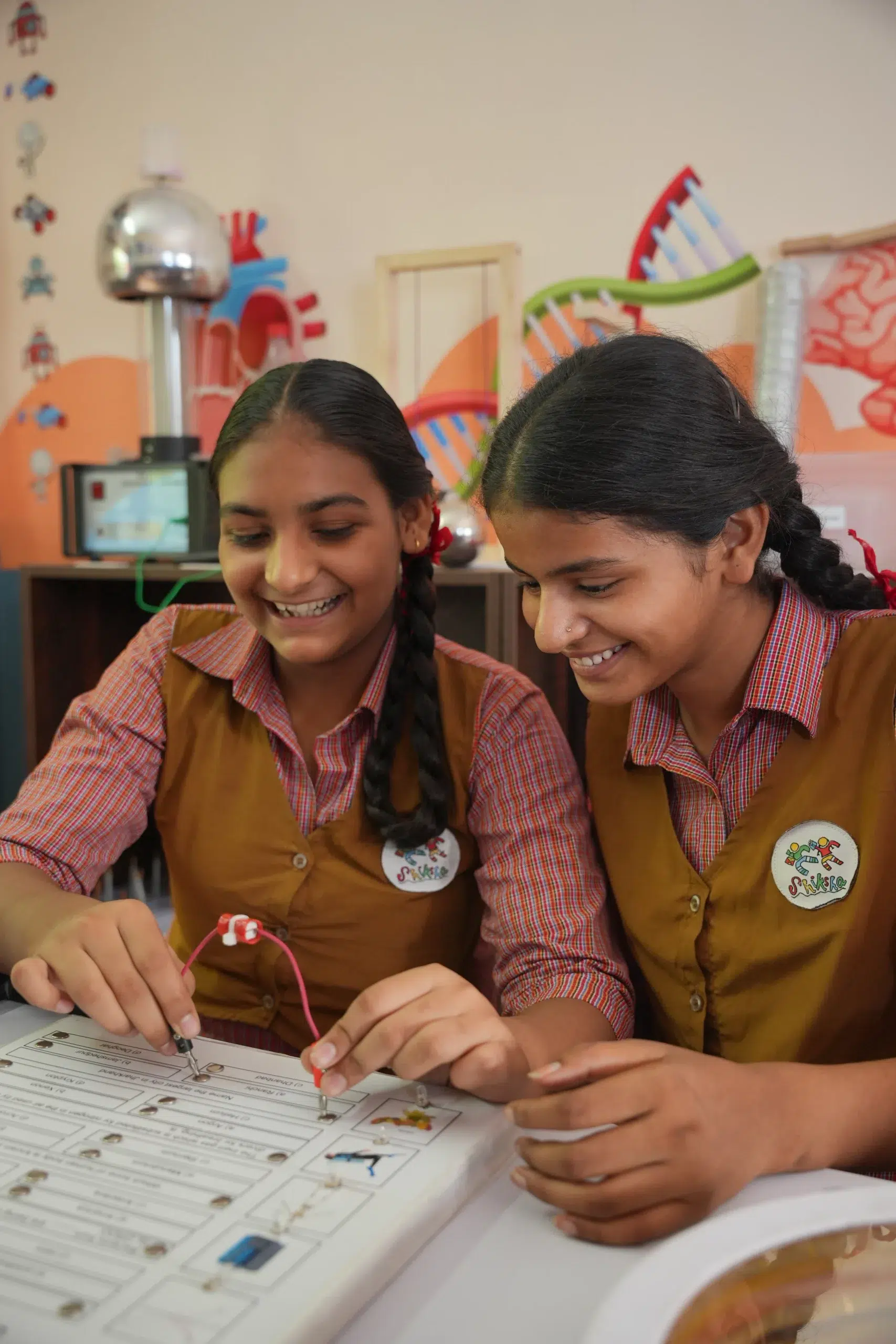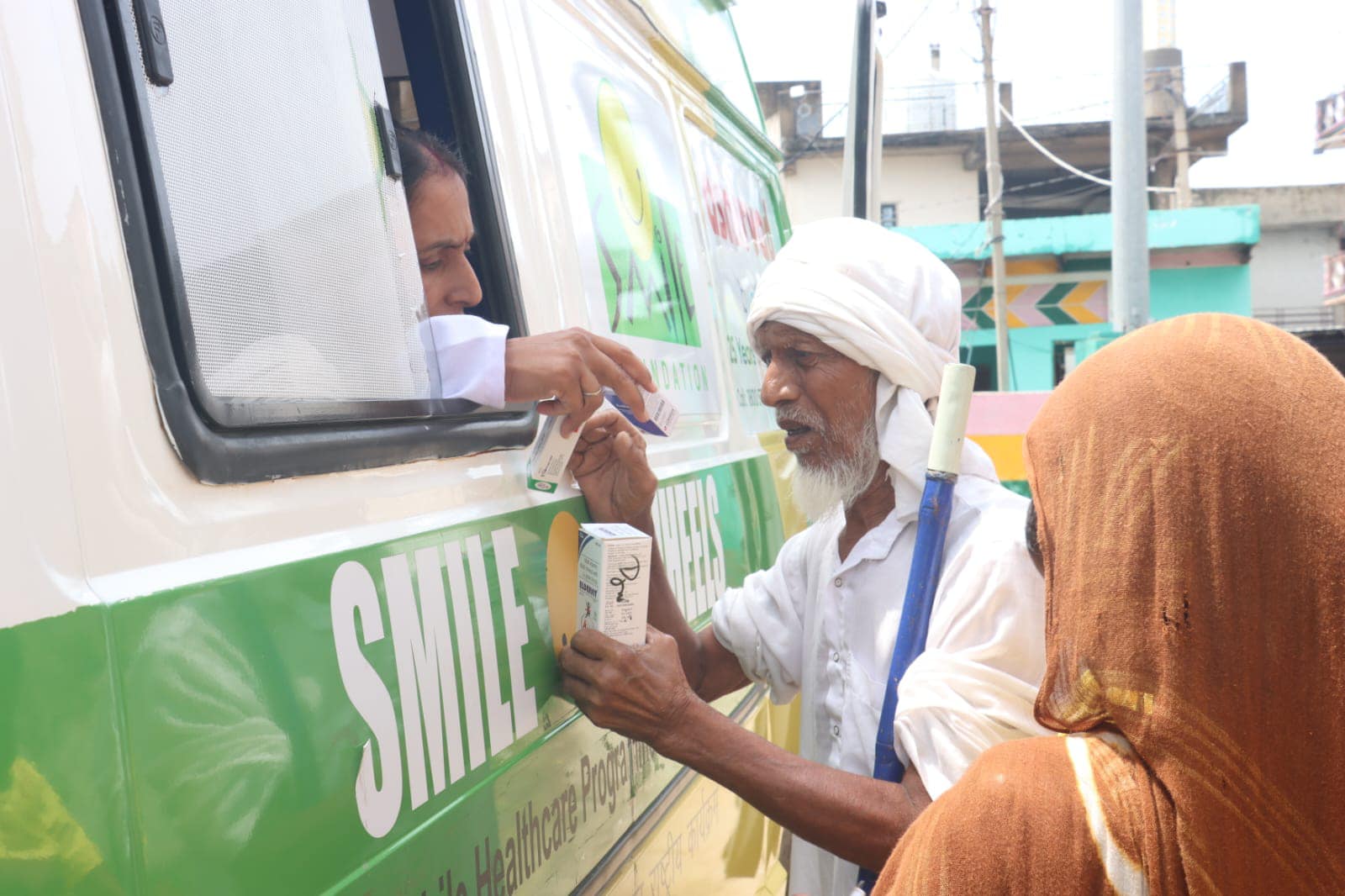Pregnancy can be a transformative and rewarding journey for women. However, at the same time, it can be a big challenge because it requires optimal health management for both the expectant mother and her unborn child. During the entire pregnancy period, it becomes extremely important that the expecting mothers have access to good quality healthcare facilities because of the many complications that may arise in that time.
In India, where maternal health indicators have improved significantly, these challenges persist. Innovative solutions are vital to simplify healthcare access for pregnant women, ensuring safety, convenience and empowerment. Also, the rural-urban divide when it comes to healthcare is stark in India where a large population is still deprived of basic health infrastructure. In such cases, women mostly have to rely on traditional remedies or midwives who may not be skilled enough to deal with complex medical issues.
Therefore, in this article, we are going to look at the ways in which healthcare can be made easy and accessible for pregnant women in India and around the world:
Community-Based Antenatal Clinics: Bringing Care Closer for Pregnant Women
One of the best ways to ensure last-mile delivery of optimal healthcare facilities for expecting mothers is to ensure establishment of highly localised and community-based antenatal clinics. These facilities should be specifically designed and dedicated to the needs of pregnant women. Community-based antenatal clinics serve as vital touchpoints for pregnant women. These localised centres offer essential services, including regular check-ups, nutritional counselling and health education. By bringing care closer to home, these clinics ensure that pregnant women can access quality services without travelling long distances.
In some cases, where setting up community-based clinics is not desirable for any reason, an alternative solution can be mobile clinics. Mobile vans equipped with medical staff can reach even the most remote villages. These mobile clinics can provide antenatal care, vaccinations and health awareness programs. By bridging geographical gaps, they empower pregnant women in underserved regions.
Telemedicine and Virtual Consultations
One of the essential needs for pregnant women is to receive regular consultation opportunities with qualified doctors and professionals. This does not only help them manage their pregnancy better but also helps in detecting any problems at the right time and taking the necessary action before it is too late. This is where telemedicine and teleconsultation can play a pivotal role. For geographies where premium healthcare facilities cannot be provided in a short time, technology can be leveraged to establish teleconsultation and telemedicine facilities through which pregnant women can receive guidance from the best medical professionals from across the country.
Through video consultations, expectant mothers can discuss concerns, receive advice and monitor their progress—all without leaving their homes. These platforms are especially valuable for women in rural areas or those with limited mobility. Another solution can be the use of technology is mobile applications.
Considering the smartphone usage in India is increasing rapidly and internet facilities are also reaching the remotest parts of the country, these user-friendly applications can offer a wealth of important information regarding pregnancy to women. From tracking pregnancy milestones to providing nutritional tips, these apps can empower pregnant women. Some apps even feature live chats with doctors, ensuring timely answers to queries.
Skilled Birth Attendants and Midwives: A Human Touch
As mentioned in the introduction of this article, a large section of women in India, especially those in rural regions, are dependent on midwives who help them manage their pregnancy and even giving birth to the child. Skilled birth attendants and midwives play a crucial role in maternal and neonatal health. Their expertise ensures safe deliveries and postnatal care. They are also trusted by the local population because of the personal connect that they have with the communities where they operate. Therefore, this large network of birth attendants and midwives can be leveraged by providing them necessary training so that they can handle certain situations effectively or identify an issue at the early stage and alert the expecting mothers so that they can access medical support at the right time.
Apart from this, all of us can focus on initiatives engaging communities to highlight the importance of skill attendants during childbirth. By involving husbands, families, and community leaders, we create a supportive environment. Trust in skilled professionals encourages more women to choose institutional deliveries.
Maternal Health Awareness Campaigns: Knowledge Is Power
One of the biggest tools that we have at our disposal today is the reach of the media. By using local radio channels or television, governments as well as NGOs can create awareness regarding maternal health, provide education and support, and organise communities. Maternal health awareness campaigns play a pivotal role. These campaigns educate pregnant women about nutrition, hygiene, danger signs during pregnancy and the importance of regular check-ups. By disseminating knowledge, we empower women to make informed decisions.
Engaging husbands, families and community leaders is crucial. When men understand the significance of maternal health, they become advocates for their wives’ well-being. With everyone’s support and participation, we can create a supportive network encouraging timely healthcare-seeking behaviour.
Financial Support and Insurance
Lastly, and perhaps most importantly, what is needed is that necessary financial support is provided to those pregnant women who cannot afford to access expensive medical facilities. Many general health insurance schemes in India also do not include maternal health support or childbirth as part of the product. This creates a difficult situation for women as the burden of expenses falls entirely upon them in case they face any complication during this period. High hospital bills can discourage these women to access quality healthcare services and put them in a difficult situation.
Making antenatal care, delivery and postnatal services affordable is essential. Subsidies or financial incentives encourage pregnant women to seek professional care. Maternity insurance schemes further reduce financial barriers. Promoting maternity insurance ensures that women receive comprehensive care without worrying about costs. These insurance schemes cover prenatal, delivery and postnatal expenses, fostering a sense of security.
Initiatives to Provide Support to Expecting Mothers
There are a number of initiatives both by the government and non-government sector to make necessary interventions in this area for the benefit of pregnant women. The Pradhan Mantri Surakshit Matritva Abhiyan (PMSMA), launched by the Ministry of Health & Family Welfare (MoHFW), Government of India, aims to provide assured, comprehensive, and quality antenatal care, free of cost, universally to all pregnant women on the 9th of every month. The programme focuses on high-risk pregnant women and those in hard-to-reach, vulnerable and socially disadvantaged communities.
Another initiative is Janani Shishu Suraksha Karyakram (JSSK) under which every pregnant woman gets free delivery, including caesarean section, in public health institutions. The scheme also provides free transport, diagnostics, medicines, blood, other consumables and diet. Apart from these, there are startups that have launched products that help women during various phases of pregnancy and childbirth. Several NGOs have also been playing a crucial role in this area for decades.
Making healthcare easy for pregnant women involves a collaborative effort from startups, government programmes and healthcare providers. By leveraging technology, innovative solutions and targeted interventions, we can empower pregnant women, enhance maternal health and create a nurturing environment for both mothers and their unborn children.
Smile’s Nutrition Enhancement Programme (NEP) for Pregnant Women and Infants
The Nutrition Enhancement Programme (NEP) is a collaborative initiative by PepsiCo Foundation, Smile Foundation and government agencies that has made a significant impact on maternal and child nutrition in Sangrur, Punjab. Rooted in the belief that communities hold the key to their own well-being, the NEP under our Swabhiman programme promotes healthy behaviours and lifestyles for holistic health.
The programme’s approach centers on two core objectives: improving maternal and child nutrition and engaging the community in these efforts. Through a blend of awareness campaigns, capacity-building activities, health camps and infrastructure enhancements, the NEP has achieved remarkable progress.

The Impact
The initiative has empowered communities by conducting over a thousand activities, such as community sessions and household visits, with a focus on educating adolescents about anaemia and nutrition. Eight specialised training sessions between 2021-23 for Anganwadi workers have strengthened their skills in growth monitoring and nutrition practices, while a two-day anaemia awareness workshop, conducted in collaboration with the District Administration and Education Department, equipped teachers from 21 government schools with important knowledge.
Health camps, a crucial aspect of the NEP, provided screenings and services to pregnant women, lactating mothers and children under six, with high-risk cases receiving targeted counseling. Additionally, the refurbishment of 27 Anganwadi Centers and the distribution of growth monitoring registers, furniture and learning kits have created welcoming and informative spaces for the community.
The programme also introduced innovative educational materials, including recipe booklets, audio tools and demonstration sessions, to promote nutritional diversity. The distribution of 21,231 nutrition recipes has positively impacted the nutritional status of pregnant women, lactating mothers, and young children.
During the pandemic, the NEP adapted by offering telephonic counseling and recipe videos, ensuring continued support for beneficiaries. Looking ahead, the programme’s community-driven initiatives and local ownership promise to sustain its positive impact on maternal and child nutrition in Sangrur, Punjab, for years to come.
If you’re interested in partnering with Smile Foundation on nutrition-based initiatives, we’d love to hear from you. Reach out to us at cp@smilefoundationindia.org to get started!









